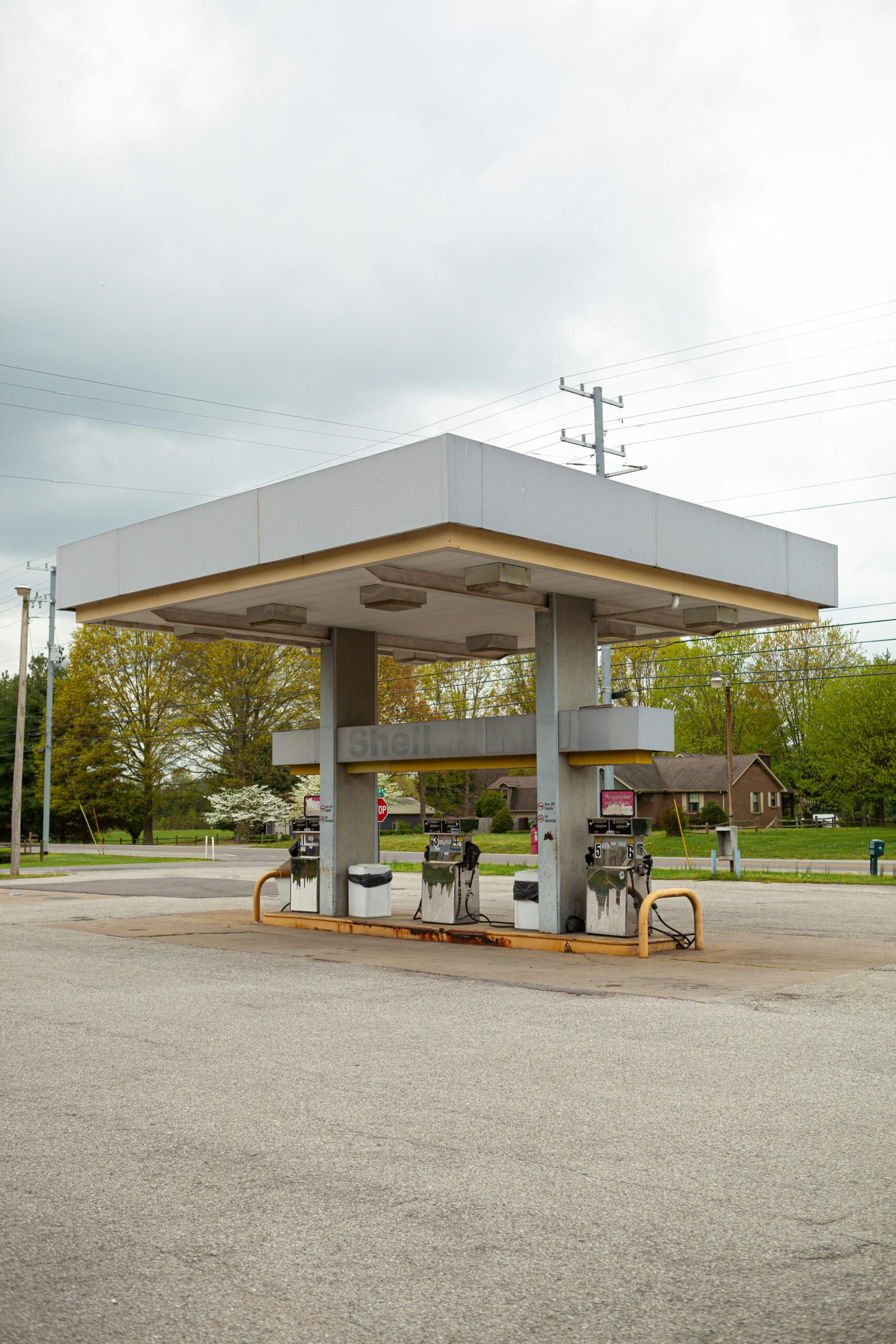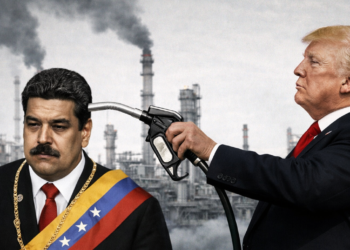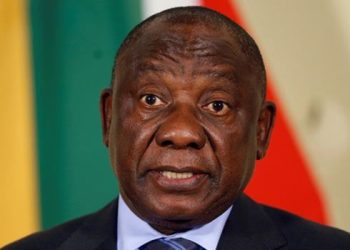Mali’s military junta has been forced to shutter the nation’s entire education system, a stunning admission of defeat as a jihadist blockade on fuel imports strangles the capital and paralyzes daily life, proving that insurgents can cripple the state without firing a shot in the capital.
The nationwide closure of schools and universities until November 9, announced by Education Minister Amadou Sy Savane, reveals the devastating effectiveness of the al-Qaeda-linked strategy.
By systematically attacking fuel tankers on highways from Senegal and Ivory Coast, militants have not only triggered endless gas lines but have now extinguished the lights in classrooms, making education the latest front in a worsening war.
The crisis has transformed Bamako from a bustling capital into a city of queues and quiet streets. The junta’s earlier assurances that the shortage was “temporary” have collapsed under the relentless blockade. The situation has grown so dire that the U.S. Embassy is withdrawing non-essential staff, warning that the fuel disruption has the “potential to disrupt the overall security situation in unpredictable ways.”

This is a crisis of the junta’s own making. After seizing power in a 2021 coup with promises to restore security, the military government expelled the UN peacekeeping mission and French forces, replacing them with Russian mercenaries. Yet, the jihadist insurgency has only intensified, with large parts of the country outside state control.
Why It Matters
The closure of Mali’s schools is more than a logistical failure; it is a symbolic surrender. The junta that vowed to defeat jihadists with Wagner Group mercenaries is now watching as those same insurgents successfully weaponize economics and logistics to bring the nation to its knees.
This blockade demonstrates a sophisticated understanding of modern warfare: why storm a city when you can simply besiege it? By cutting the fuel supply, the militants have achieved what years of direct combat could not—they are systematically dismantling the functions of the state from within.
The empty classrooms of Mali are not merely a casualty of this conflict; they are also a monument to the junta’s catastrophic miscalculation and the rising power of an enemy that wins by choking, not just by fighting.

















